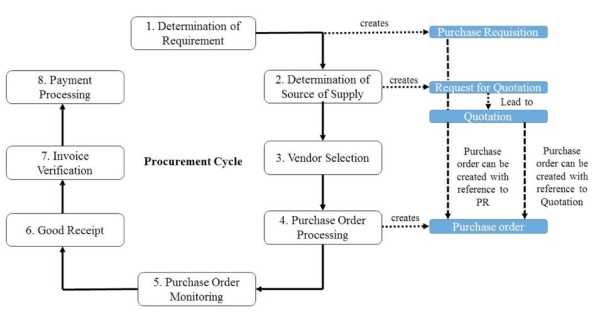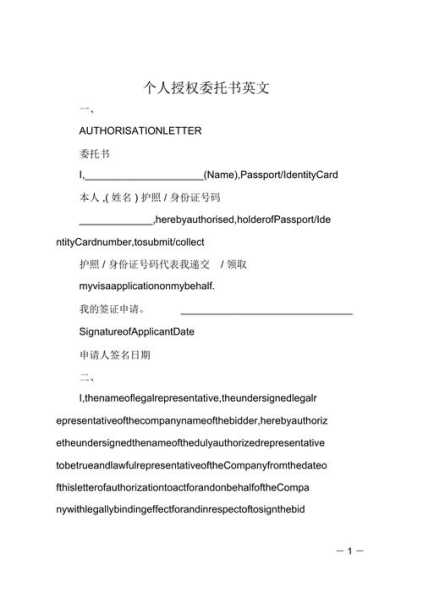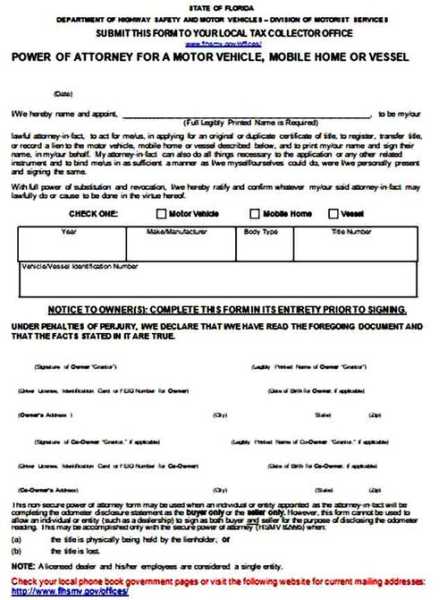This guide provides a comprehensive understanding of Personal Power of Attorney documents, covering their purpose, types, and legal implications. It offers essential information for individuals and their families, ensuring they make informed decisions about granting legal authority to someone else in critical situations.
In the realm of legal documentation, the personal power of attorney (POA) stands as a crucial instrument that empowers individuals to delegate certain legal responsibilities to another person of their choosing. This document is not just a piece of paper; it is a legal agreement that can have significant implications for both the grantor (the person granting the authority) and the attorney-in-fact (the person to whom the authority is granted). In this article, we will delve into the details of a personal power of attorney document, its purpose, its components, and the importance of understanding it thoroughly.

What is a Personal Power of Attorney?
A personal power of attorney is a legal document that allows an individual, known as the principal, to appoint another person, known as the attorney-in-fact or agent, to act on their behalf in legal and financial matters. This delegation of authority is only effective during the principal's lifetime and can be as broad or as limited as the principal specifies.
Purpose of a Personal Power of Attorney
The primary purpose of a personal power of attorney is to ensure that the principal's affairs are managed effectively in the event they become incapacitated or are unable to handle their own legal and financial matters. This document can be instrumental in several scenarios, including:
1、Health Incapacity: If the principal is hospitalized or becomes incapacitated due to illness or injury, the attorney-in-fact can make healthcare decisions on their behalf.
2、Financial Management: The attorney-in-fact can handle financial transactions, pay bills, manage investments, and conduct other financial activities on the principal's behalf.
3、Travel: For individuals traveling abroad, a power of attorney can authorize someone to handle their affairs back home.
4、Business Operations: For business owners, a POA can ensure that the business continues to operate smoothly in their absence.
Components of a Personal Power of Attorney Document
A well-drafted personal power of attorney document typically includes the following components:
1、Grantor's Information: Details about the principal, including their full name, address, and identification information.
2、Attorney-in-Fact's Information: Information about the person appointed as the attorney-in-fact, including their full name, address, and relationship to the principal.
3、Scope of Authority: A clear statement of the specific powers and responsibilities granted to the attorney-in-fact, which can range from very limited to extremely broad.
4、Duration: The period during which the POA is effective, which can be a specific date, a condition, or indefinitely.
5、Revocation Clause: A provision that allows the principal to revoke the POA at any time.
6、Notarization and Witness Requirements: Many jurisdictions require the POA to be notarized and signed in the presence of witnesses to ensure its validity.
Understanding the Importance of a Personal Power of Attorney
1、Legal Protection: A POA provides a legal framework for managing the principal's affairs, reducing the likelihood of disputes or mismanagement.
2、Peace of Mind: Knowing that someone they trust can handle their affairs in their absence can provide the principal with peace of mind.
3、Avoidance of Guardianship Proceedings: Without a POA, the principal may have to go through costly and time-consuming guardianship proceedings to have someone appointed to handle their affairs.
4、Continuity of Care: In the event of incapacity, a POA ensures that healthcare and financial decisions are made promptly and in the principal's best interest.
Conclusion
A personal power of attorney is a powerful legal document that can protect an individual's interests and ensure that their affairs are managed effectively. It is crucial for individuals to understand the document's purpose, components, and the implications of granting authority to another person. Whether for peace of mind, legal protection, or the continuity of care, a well-drafted personal power of attorney is an essential tool that should not be overlooked.
相关阅读:
1、The Digital Odyssey: A New Era of Power of Attorney in English
2、"The Power of a Pen: Unveiling the English Civil Power of Attorney"
3、Mastering the Personal Power of Attorney: An In-Depth English Guide
4、Essential Guide to Writing a Comprehensive Personal English Power of Attorney
5、Essential Document for Cross-Border Services: English Birth Certificate Power of Attorney
Mastering the Updated Personal Power of Attorney Documents: Your Ultimate English Guide
Mastering Personal Power of Attorney Documents: Your Ultimate English Guide
Mastering Personal Power of Attorney Documents: Your Ultimate English Guide
Mastering Personal Power of Attorney Documents: Your Ultimate English Guide
Mastering Personal Power of Attorney Documents: Your Ultimate English Guide
Mastering Personal Power of Attorney Documents: Your Ultimate English Guide
Mastering Personal Power of Attorney Documents: Understanding, Drafting, and Key Points to Consider











